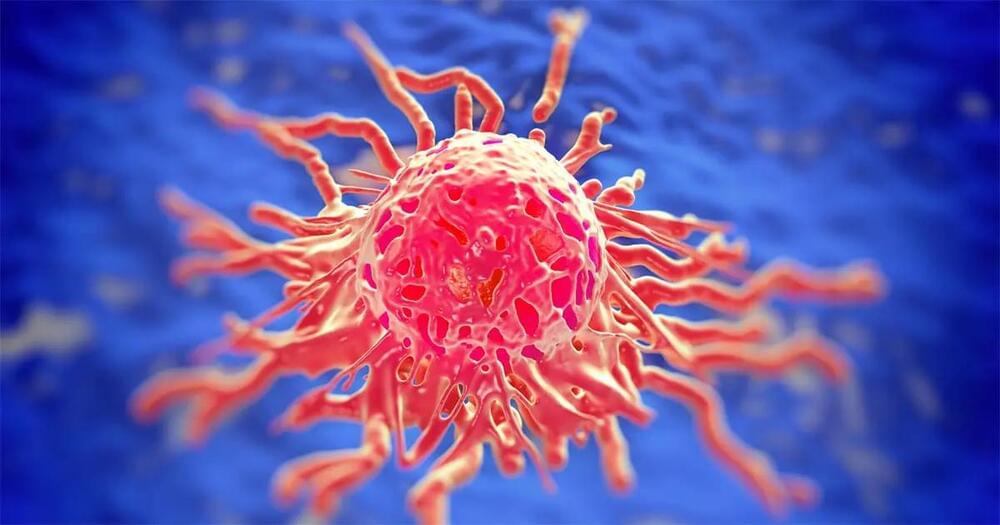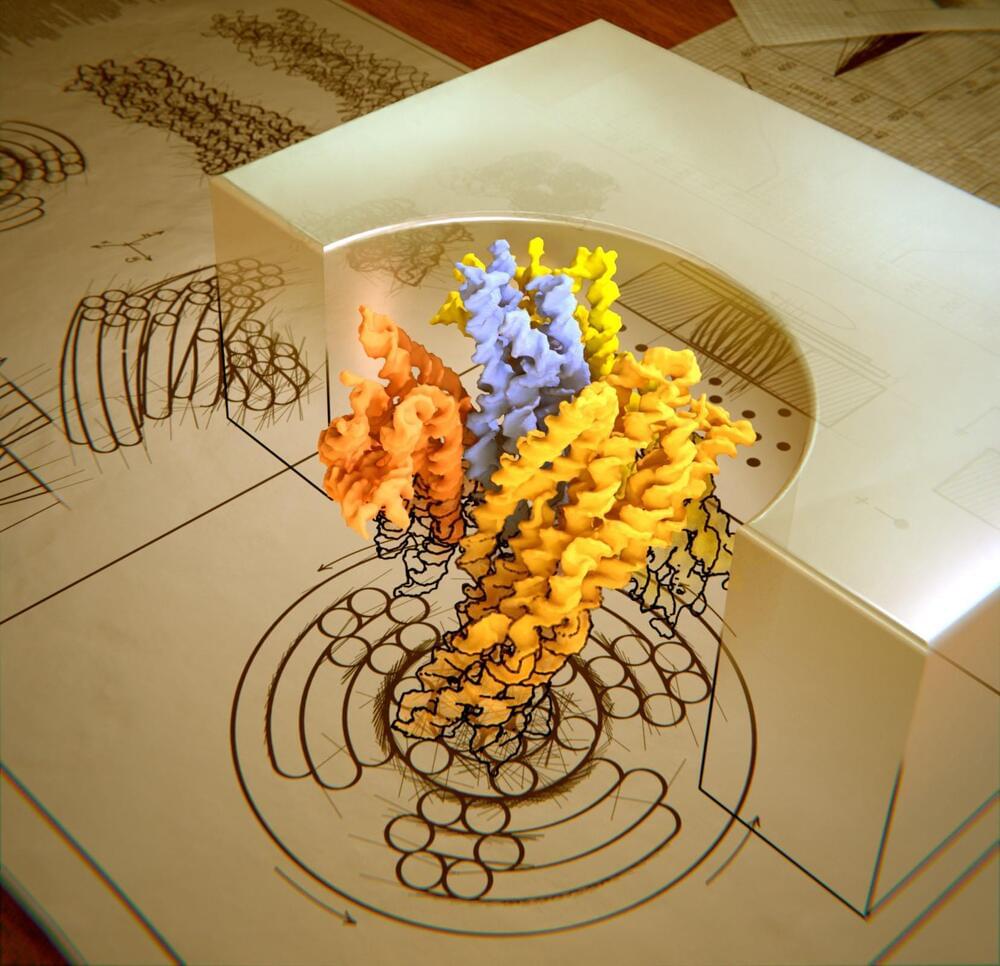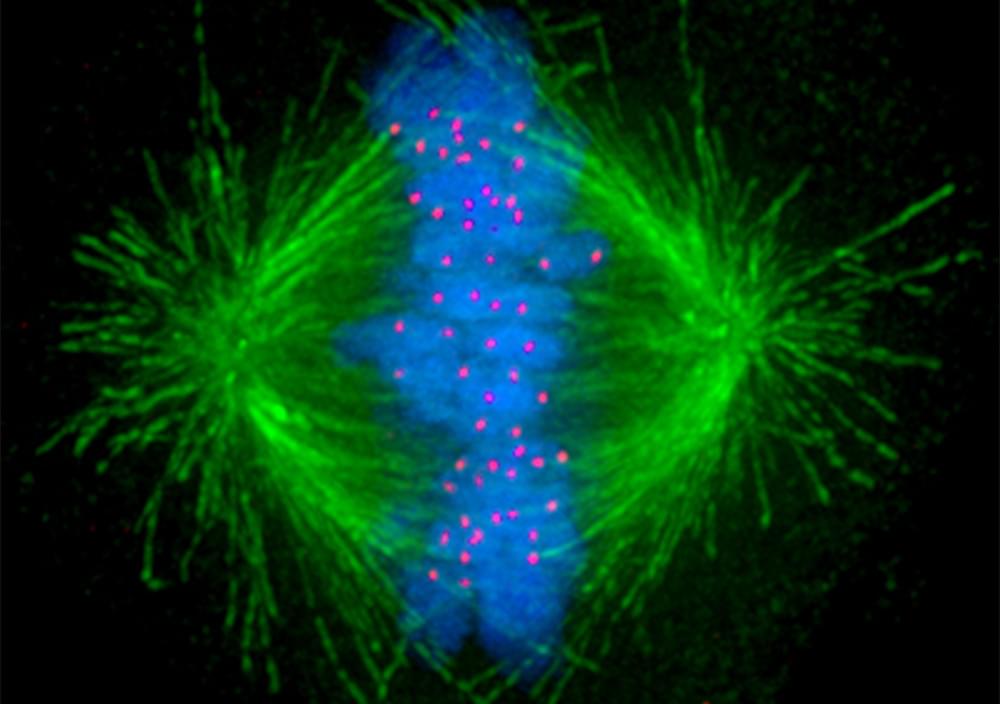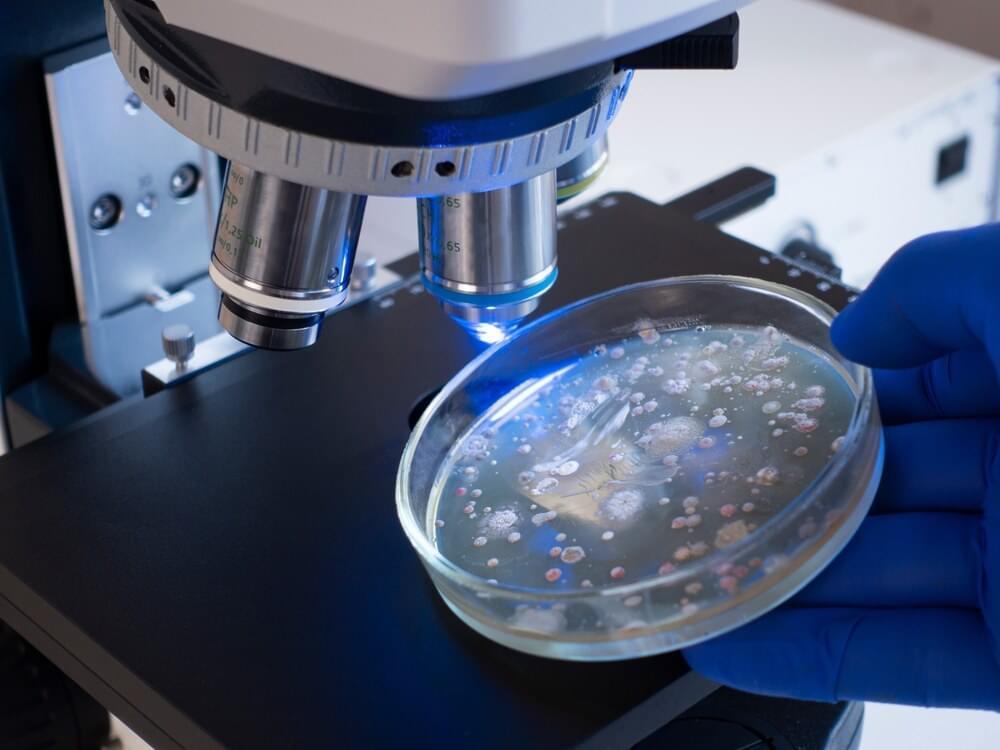Oct 27, 2023
Breakthrough in treatment of cervical cancer
Posted by Will Fox in categories: biotech/medical, government
A breakthrough in treating cervical cancer is reported, with participants in a recent trial achieving a five-year survival rate of 80% – up from the previous average of 70%. The study used a combination of existing, cheap drugs ahead of usual radiotherapy treatment.
Cervical cancer cell illustration. Credit: PRB ARTS
Phase III of the INTERLACE trial, funded by Cancer Research UK and University College London (UCL) Cancer Trials Centre, assessed whether a short course of induction chemotherapy (IC) prior to chemoradiation (CRT) could reduce the rate of relapse and death among patients with cervical cancer. Researchers involved in the study presented the preliminary results at the recent European Society for Medical Oncology (ESMO) congress.


















